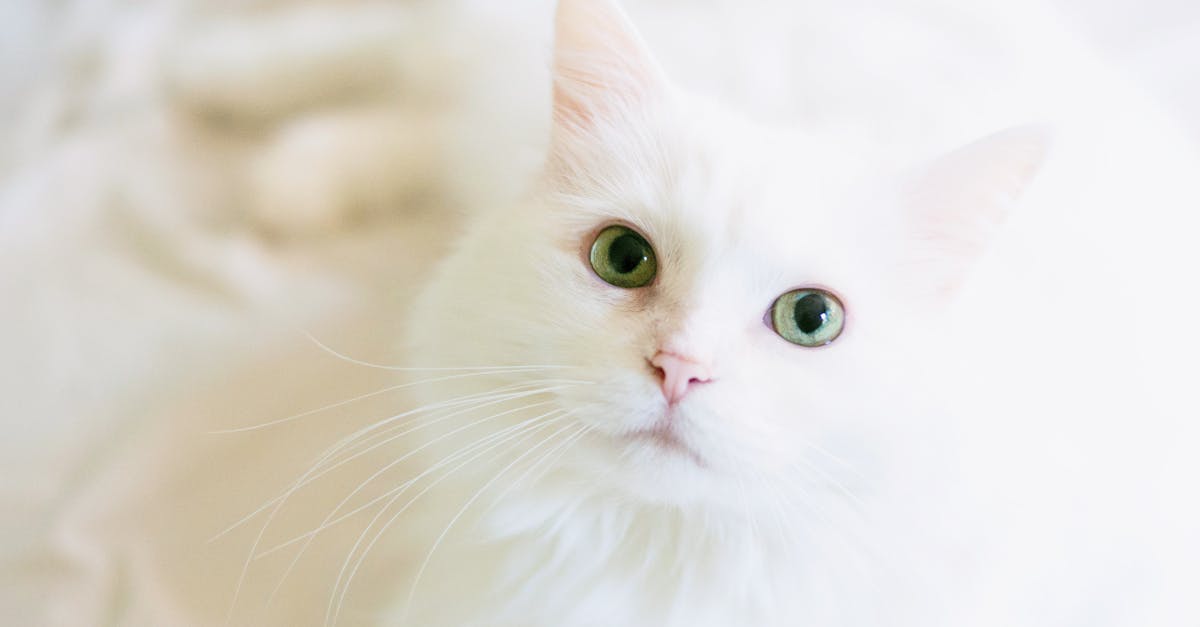Ever wondered if your cat truly understands the words you speak? Cats may not respond like dogs, but their reactions often make us wonder if they’re picking up on more than just our tone. Let’s explore the fascinating science behind feline listening and how your cat perceives human language.
🐱 Can Cats Understand Human Words?
Cats are highly intelligent animals, but their communication style is different from dogs. While your dog might eagerly obey commands like "sit" or "stay," cats seem more selective in their responses. Does this mean they don’t understand you? Not exactly.
Research suggests that cats can recognize words, particularly their names. A 2019 study published in the journal *Scientific Reports* demonstrated that cats respond to their names even when spoken by strangers (source). This indicates that cats associate certain sounds with specific outcomes, like attention or food.
However, cats are less likely to respond to commands unless they find it personally beneficial. Their independent nature means they may choose to ignore you, even if they understand your words.
👂 How Do Cats Process Human Speech?
Cats don’t process language the way humans do. Instead of understanding individual words or grammar, they rely on tone, pitch, and body language. For example, a high-pitched, gentle voice signals affection, while a loud, sharp tone may indicate anger or danger.
Here’s how cats decode your communication:
- Recognizing specific sounds, like their name or a food-related word
- Interpreting the tone of your voice
- Observing your body language and facial expressions
This combination of cues helps your cat understand the context of what you’re saying, even if they don’t grasp the exact words.
🐾 Signs Your Cat Is Listening to You
Wondering if your cat is paying attention to your words? Cats may not wag their tails like dogs, but they do exhibit subtle signs of listening. Here’s what to look for:
- Rotating ears toward your voice
- Making eye contact or blinking slowly
- Approaching you or rubbing against you
- Responding to their name with a head tilt or meow
- Following your gaze or pointing gesture
If your cat shows these behaviors, it’s a good sign they’re tuned in to what you’re saying, even if they don’t respond verbally.
🧠 The Science of Feline Intelligence
Cats have complex brains capable of learning and memory. According to the National Research Council, a cat’s brain is structurally similar to a human brain, sharing about 90% of the same regions responsible for emotions and decision-making (source).
This intelligence allows cats to form associations between words and actions. For example, if you consistently say “treat” before giving your cat a snack, they’ll eventually associate the word with the reward. Similarly, they may learn to recognize other common phrases, like “dinner time” or “let’s play.”
😺 How to Communicate Effectively with Your Cat
Want to strengthen your bond with your cat through better communication? Here are some tips to help your feline friend understand you:
- Use a consistent tone: Cats respond best to calm, gentle tones.
- Pair words with actions: For example, say “up” while patting the couch to encourage your cat to jump up.
- Speak their name often: Reinforce their name by using it during positive interactions, like feeding or playtime.
- Observe their body language: Cats communicate through their ears, tail, and posture. Pay attention to these cues to gauge their mood.
- Reward responses: When your cat reacts to a word or command, reward them with a treat or affection to reinforce the behavior.
With patience and consistency, you can build a two-way communication system that works for both you and your cat.
😼 Why Does My Cat Ignore Me?
It’s not uncommon for cats to appear aloof or unresponsive. While this can be frustrating, it’s important to understand that cats have their own reasons for ignoring you. Here are some possible explanations:
- They’re overstimulated or tired.
- They don’t find the interaction rewarding.
- They’re focused on something else, like a bird outside the window.
- They’re feeling stressed or unwell.
If your cat consistently ignores you, consider their environment and health. Stress, illness, or changes in routine can affect their behavior. If you’re concerned, consult a veterinarian for guidance.
FAQs
Q: Can cats learn commands like dogs?
A: Yes, cats can learn commands, but they require patience and positive reinforcement. Unlike dogs, cats are less motivated by pleasing their owners and more by rewards.
Q: Do cats understand their names?
A: Studies show that cats recognize their names and may respond with a head turn, meow, or approach. However, they may ignore you if they’re not in the mood.
Q: Why does my cat respond to my tone but not my words?
A: Cats rely more on tone and body language than specific words. A calm, friendly tone signals safety, while a harsh tone can cause stress.
Q: How can I tell if my cat is listening?
A: Look for signs like rotating ears, making eye contact, or responding to their name. These behaviors indicate that your cat is paying attention.
References
- Scientific Reports – Cats Recognize Their Own Names
- ASPCA – Cat Behavior Issues
- National Research Council – Nutrient Requirements of Dogs and Cats
Book a $49 online vet consultation at https://www.dialavet.com for fast, expert advice.






















